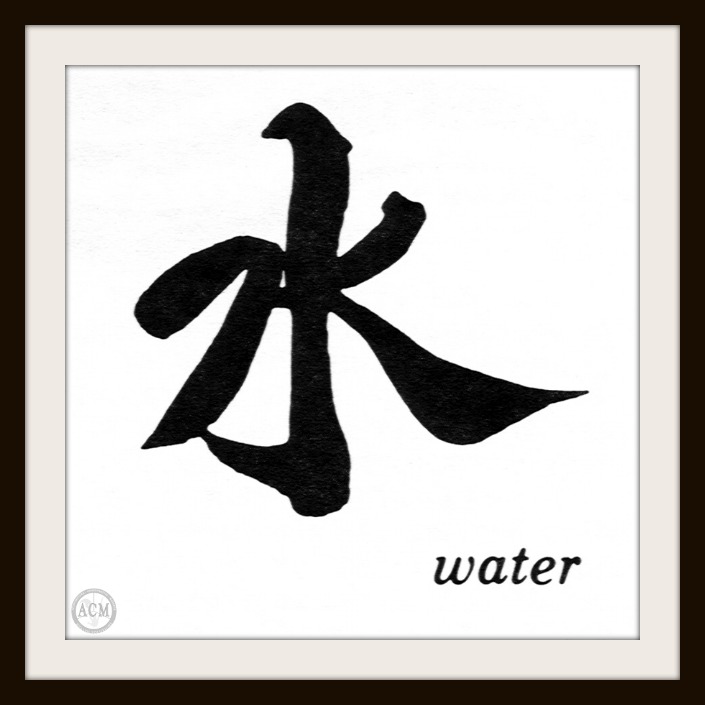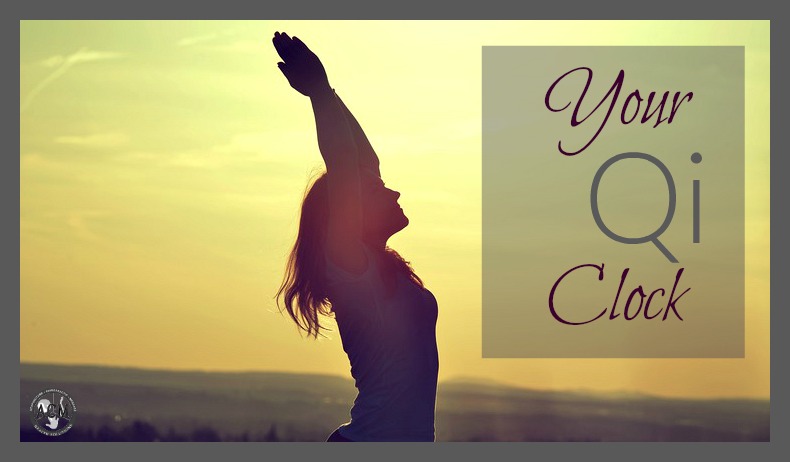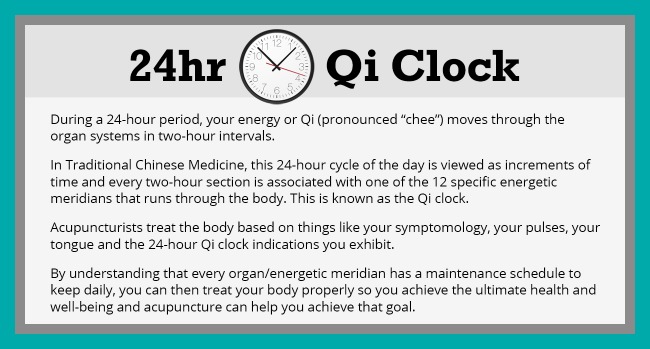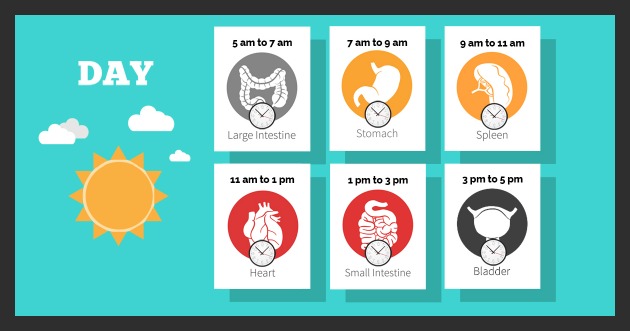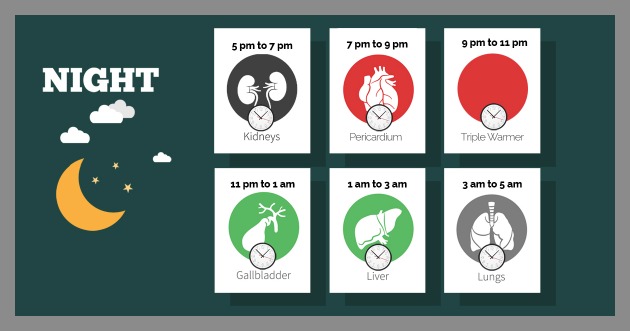-
Book Online Now - Acupuncture Solutions3900 Pebblecreek Ct #101
Plano, TX 75023972-612-4900 - 6501 Wesley St #A-1
Greenville, TX 75402903-213-3679 Learn more about…
#autumn #balance #behappy #fall #familytime #germs #healthlyliving #healthyskin #immunesystem #organs #psoriasis #seasons #sunscreen #thinkpositive acupressure acupuncture allergies anxiety coronavirus covid-19 depression diet digestion energy exercise headaches health heart herbs kidneys liver lungs meditation migraines nutrition pain pms qi sleep spring stress summer tcm Traditional Chinese Medicine winter
qi
Winter Care For Your Kidneys
Going Deeper: The Kidneys
The organs in Chinese medicine are more than just a physical representation. The organs include not only their physiological function, but also mental, emotional, spiritual and elemental qualities that align with nature and the seasons. Let’s explore the kidneys.
The kidney element in Chinese medicine governs water and is associated with the season of winter, where the energies are turning from the hotter yang months to the more yin of winter. Each organ has an element associated with it: liver and wood, stomach and earth, kidney and water, for example. There is also an emotion, a color and flavor associated with the organ system. For the kidneys, the emotion is fear, the color is dark or black and the flavor is salty. It also opens to the ear, has the direction of north and is paired with the bladder. The kidney element houses willpower and manifests in the teeth and luster of the hair.
The kidneys are the body’s root and contain both yin and yang energies. Yin is associated with what is dark, still, cold, feminine and is inward. Yang is more outward, hot, bright, moving and masculine. The kidneys control reproduction, growth and development and are associated with bones and marrow. The kidneys are said to store jing, which is likened to essence, what you’re born with and what’s inherited from your parents.
There are two types of essence:
- Pre-natal is from your parents and can be likened to one’s basic constitution and DNA.
- Post-natal is what is transformed from the food you eat and lifestyle.
The second essence you have more control over health-wise. Ideally, there is a nice balance of kidney yin and yang energies, but if there is yin deficiency, there will be symptoms such as heat, sweating, dryness, irritability, insomnia and low back pain. If there is yang deficiency there are more cold signs such as cold extremities, cold and painful lower back, increased urinary frequency, fatigue, premature greying, water retention and low libido. There can also be an emotional component manifesting as increased phobias and anxieties. Many of the above mentioned symptoms can be tied to the thyroid and adrenal fatigue in Western medicine.
How to care for your kidney this winter:
Keep warm: The kidneys are affected by exposure to cold. Try a nice scarf to protect your neck from the elements, and keep your feet and low back warm in those frosty winter months. Moxibustion, which is heated mugwort, is a wonderful supplement to acupuncture that warms particular acupuncture points on the body.
Eat warm: Foods that are beneficial to the kidneys (in moderation) tend to be dark in color such as black beans, sesame seeds, seaweed, kelp, lamb and beef. Other beneficial warming foods include ginger, cinnamon, miso soup, soybeans, walnuts, chives and Goji berries. It’s best to see your acupuncturist or other health care professional to get an idea of foods that are good for your particular constitution, as some of these foods can be harmful if taken in large amounts (kelp and seaweed, in particular). It’s also best to not eat too many cold, raw vegetables or cold smoothies. Also try to ingest food and drink at room temperature. There are wonderful herbal formulas to assist the kidneys that your acupuncturist can include in your treatment plan.
Light exercise: Light exercise such as tai qi, qi gong or walking has wonderful health and anti-aging benefits and won’t cause exhaustion.
Avoid overwork, overexertion, high stress: Overdoing it depletes your kidney energy, and you might experience ill effects of burnout that are usually associated with adrenal fatigue. Ancient Chinese medical texts also recommend curbing excessive sexual activity to keep kidney energy strong and vibrant and to increase longevity.
24 Hour Qi Clock
Most people are familiar with the terms diurnal and nocturnal. Diurnal means active during the daytime, while nocturnal means active during the nighttime. Together the two make up a 24-hour cycle known as a day. But, in traditional Chinese medicine, this 24-hour cycle is viewed as much more than just a day in the life. The 24 hours of the day are viewed as increments of time and every two-hour section is associated with a specific energetic meridian that runs through the body. This is known as the Qi clock.
Do you wake up every night or every morning about the same time? Have you ever wondered why? Some people call that an internal clock. In Chinese medicine, this gives a much deeper look into how the body functions though. Chinese medical theory divides the body based upon the 12 energetic meridians. Each of the meridians is assigned a two-hour time slot. For example, the liver meridian is associated with the hours of 1 a.m. to 3 a.m. If you wake up during this time frame, then there is an issue with your liver meridian. So knowing this information can be very important to an acupuncturist/Chinese medicine practitioner.
During a 24-hour period, your energy or Qi (pronounced “chee”) moves through the organ systems in two-hour intervals. Qi draws inward to help restore the body between the hours of 1 a.m. and 3 a.m. The liver cleanses the blood and performs other functions, such as getting the blood ready to travel outward into the rest of the body. Over the next 12 hours, Qi cycles through the organs that assimilate, digest and eliminate food through the body or our diurnal organs. By mid-afternoon, the body begins to slow down again in preparation for the nocturnal phase. The nocturnal phase is all about restoring and maintaining. So when one organ system is at its peak, its counterpart, on the opposite side of the clock is at its lowest point. An example is 7 a.m. to 9 a.m., which are the hours of the stomach. This is when the stomach is at its peak and also why it is recommended to eat a big breakfast. On the opposite side of the clock lies the pericardium, which is associated with the pituitary, hypothalamus and reproductive organs. The pericardium is at its weakest point between the hours of 7 a.m. and 9 a.m.
Here’s a brief summary of the 24 hour qi cycle:
3 a.m. to 5 a.m. is lung time
5 a.m. to 7 a.m. is large intestine time
7 a.m. to 9 a.m. is stomach time
9 a.m. to 11 a.m. is spleen time
11 a.m. to 1 a.m. is heart time
1 p.m. to 3 p.m. is small intestine time
3 p.m. to 5 p.m. is urinary bladder time
5 p.m. to 7 p.m. is kidney time
7 p.m. to 9 p.m. is pericardium time
9 p.m. to 11 p.m. is triple burner time (associated with the thyroid and adrenals)
11 p.m. to 1 a.m. is gall bladder time
1 a.m. to 3 a.m. is liver time
So if you have recurring problems at the same time every day, then there is a good chance that the organ/meridian associated with that time is in distress. This is why traditional Chinese medicine practitioners ask so many questions and also why they look at the body as a whole instead of just one particular organ. By understanding that every organ/energetic meridian has a maintenance schedule to keep daily, you can then treat your body properly so you achieve the ultimate health and well-being and acupuncture can help you achieve that goal. Acupuncturists treat the body based on things like your symptomology, your pulses, your tongue and the 24-hour Qi clock indications you exhibit. The goal is to bring the body back into balance and knowing when the meridians are at their peaks and valleys is a great place to begin.
